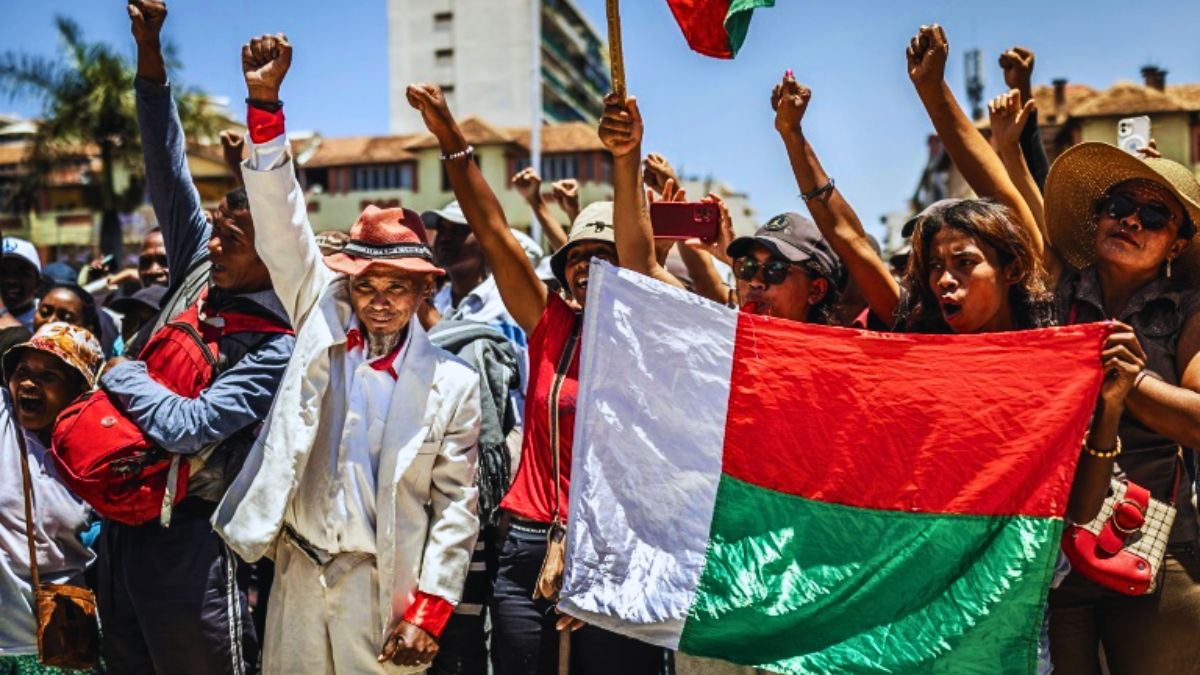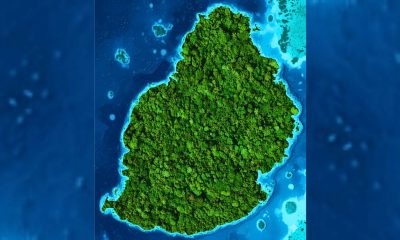World News
Power Grab: Madagascar President Scraps Assembly to Block 2/3rds Removal Vote

President Andry Rajoelina dissolved the National Assembly on Tuesday, escalating an institutional power struggle as he faced a parliamentary vote aimed at removing him from office for alleged abandonment of post.
The decree dissolving parliament, citing Article 60 of the Constitution, was shared on the presidency’s Facebook page and its authenticity was confirmed by the president’s inner circle to the AFP news agency.
President Rajoelina, who has been challenged by street protests and is now at an undisclosed location, justified the move on social media, stating it was necessary to “restore order within our nation and reinforce democracy.”
Embattled Leader Under Threat of Removal
The move came just hours before the Assembly was expected to proceed with a vote targeting the president for “temporary impediment,” which required a two-thirds majority.
Opposition MPs claimed to have secured sufficient signatures for an extraordinary session to convene, arguing that the presidency was vacant.
French radio station RFI reported that the Head of State had left the country on Sunday, 12 October, aboard a French military aircraft.
Rajoelina, first elected in 2018 and re-elected for a five-year term in 2023 in a poll boycotted by the opposition, had appeared on screen the previous day for the first time since the political reversal, dismissing any suggestion of resignation and calling for “respect for the Constitution.”
Military Defections and Mounting Protest
The institutional crisis follows a weekend where the president’s position was severely weakened by the defection of key military units.
- Capsat, a military unit that played a major role in the 2009 coup that initially brought Rajoelina to power, called on security forces to “refuse to fire” on demonstrators before joining the protests in the capital.
- Most armed forces, including the Gendarmerie—previously on the front line of repression—subsequently followed suit and renewed their chain of command.
Thousands of protesters, mobilized since September 25 by the collective Gen Z and now joined by striking civil servants and others, gathered again in Antananarivo on Tuesday.
Anti-French placards reading “France out” and “Rajoelina and Macron out” were seen by an AFP team. French President Emmanuel Macron had responded to a question about Rajoelina’s alleged exfiltration the previous day by saying, “I am not confirming anything today.”
Violence and Constitutional Implications
According to a United Nations assessment, at least 22 people have been killed and over one hundred injured since the start of the demonstrations.
The dissolution of the National Assembly means that legislative elections must now be held “sixty days at least and ninety days at most” after the decree, according to the Constitution.
The uncertainty deepens on the poor Indian Ocean island, which has a long history of popular uprisings leading to transitional military governments.
The majority of Madagascar’s 32 million inhabitants—at least 80%—live below the World Bank poverty line of 15,000 ariary per day (€2,80).
Source: Le Mauricien











